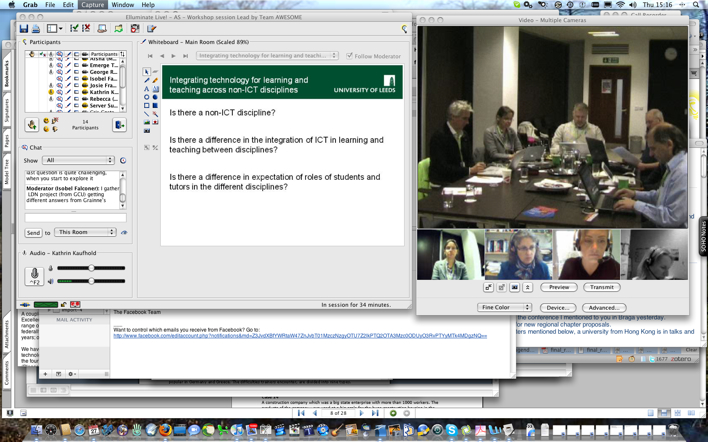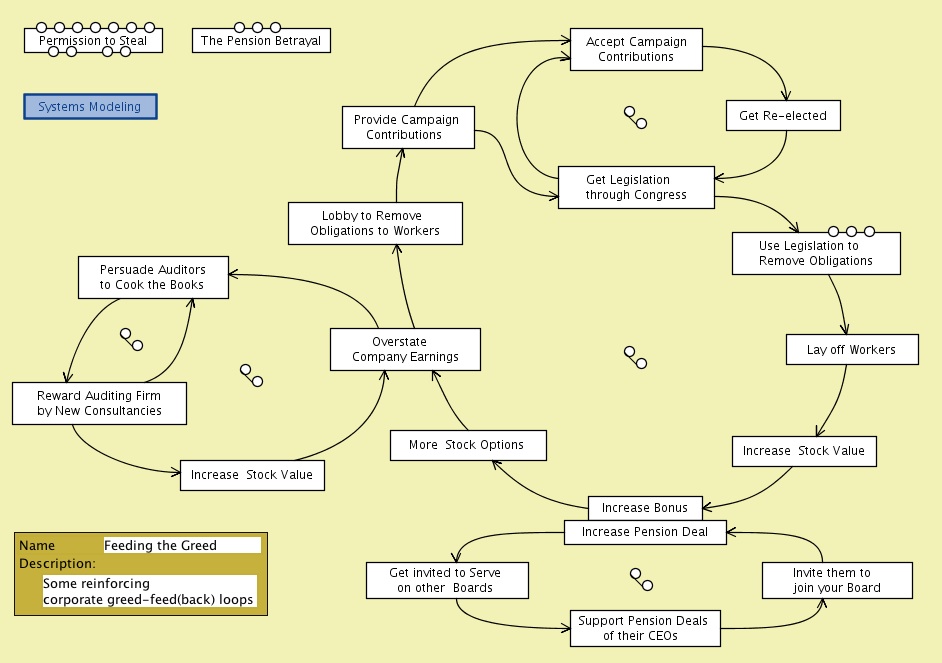Join us at On-Line Educa Berlin
its that time of year again. And next week me, Dirk and Crsitina will be heading off to the InterContinental hotel in Berlin for three days of fun.
And, as you would expect we are organising our own programme around the conference. We are working with Josie, Steve, George, Paul and Joe from Emerge to put together a some unconferencing enents and demos of Emerge projects. Here are some of the events (I will post the times for the project demos as soon as I get confirmation).
Wednesday 3 December – 2030 CET Edubloggers meetup – Ambassador lounge bar Sorat Hotel Ambassador Berlin, Bayreuther Straße 42 · D-10787 Berlin (Five minutes walk from InterContinental)
Thursday 4 December – 11.00 CET – Sounds of the Bazaar LIVE from the conference. ICWE stand B54.
If you cannot make it to the conference listen to the programme live – go to http://tinyurl.com/6df6ar in your web browser. The programme will open in your MP3 player of choice.
Thursday 4 December – 19.30 CET – Microblogging debate, Marlene Bar, Intercontinental Hotel
Friday 5 December – 11.00 CET – Sounds of the Bazaar LIVE from the conference. ICWE stand B54.
Friday 5 December – 13.00 CET – Special Interest Group Lunch on microblogging (SIG lunches), Bellevue Room, InterContinental Hotel
Further Special Interest Group Lunches to be announced.
With the exception of the Special Interest Group lunches all these events are free and open to anyone regardless of whether you have registered at the conference. If you are in Berlin just drop in and find us. Between events you will have a good chance of finding one of us on the Jisc Stand.
To keep in touch with what we are doing follow Graham Attwell, Josie Fraser and Cristina Costa on Twitter. Or join our Sounds of the Baazaar Facebook group.


